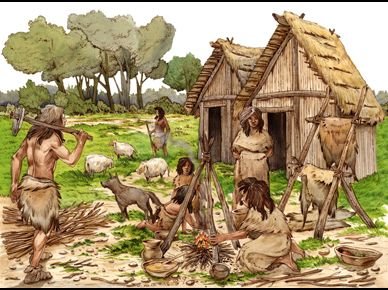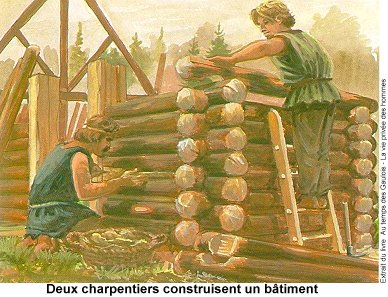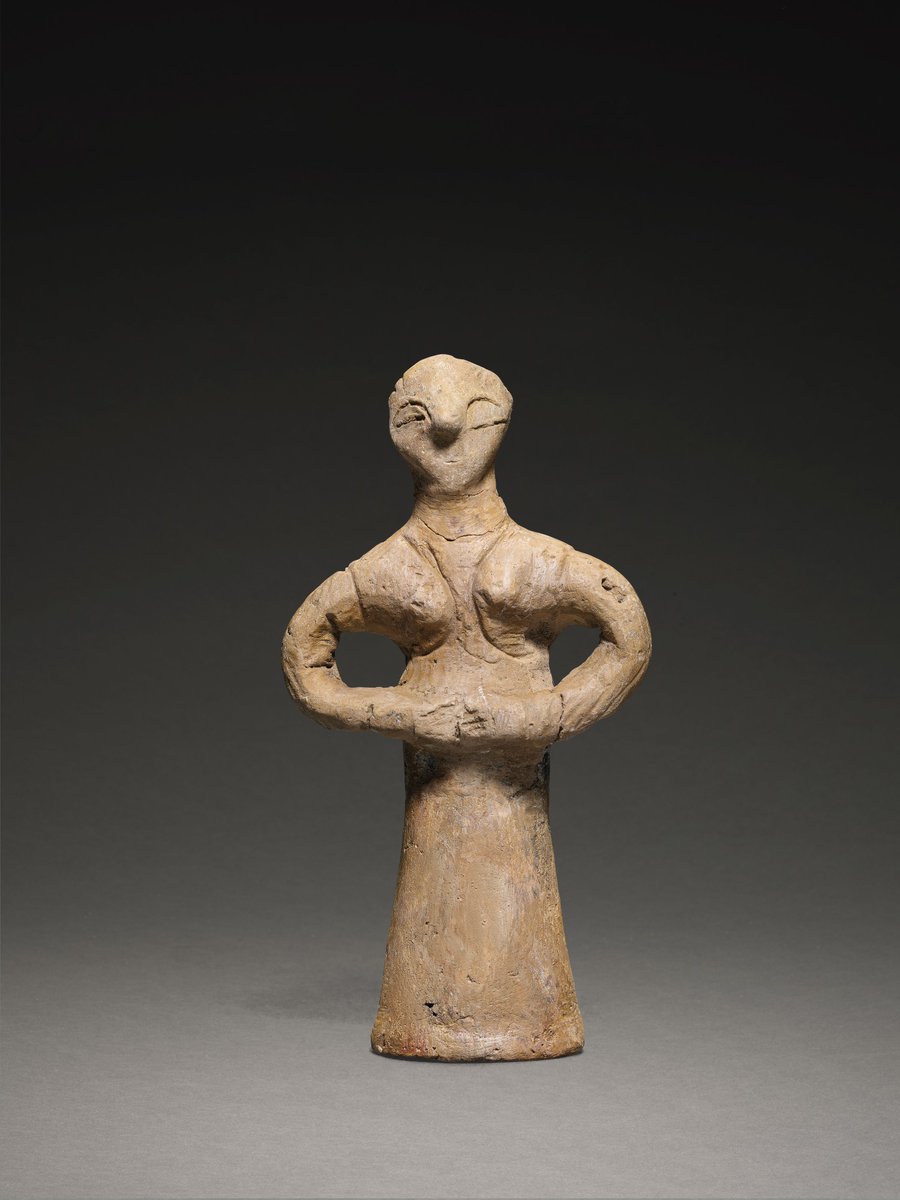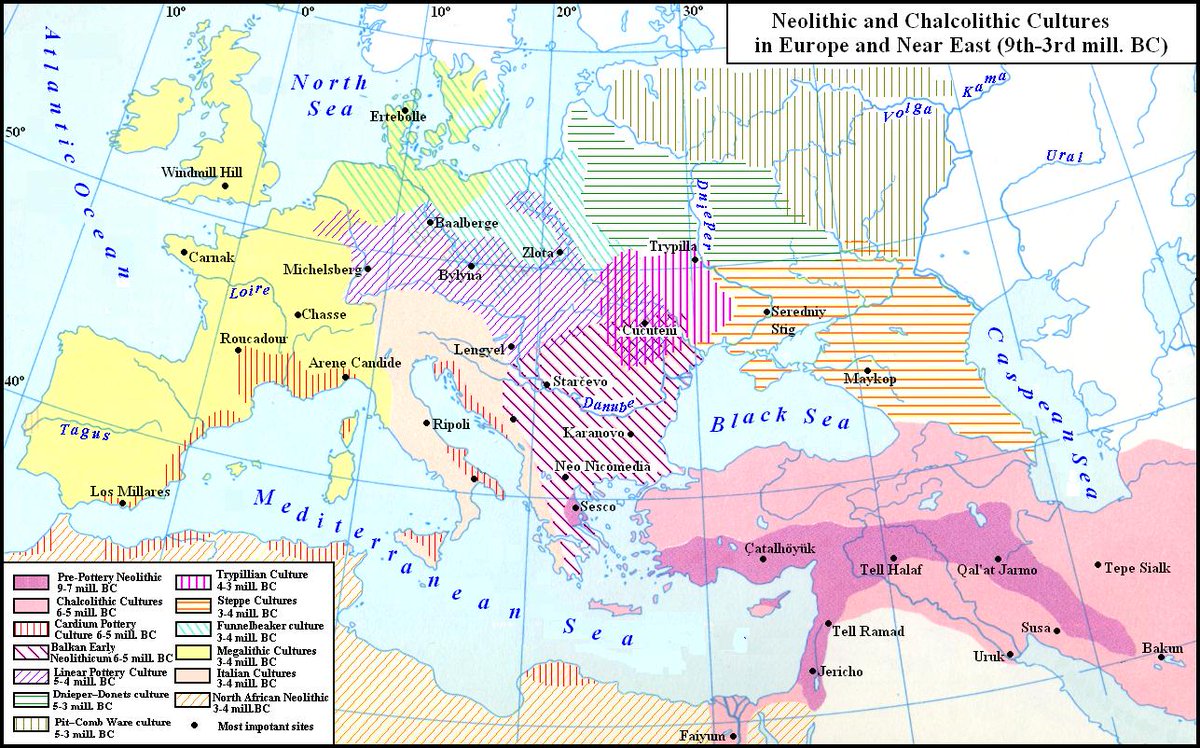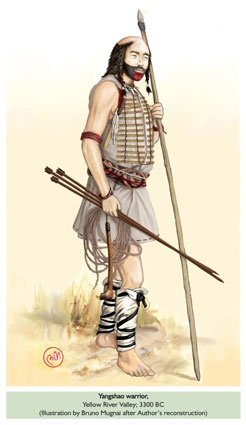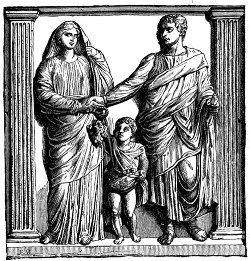The following is an almost verbatim reproduction of an excerpt from Neil Faulkner& #39;s book, "A Radical History of the World". It shows how the #Patriarchy, #PrivateProperty, #theState and the nuclear family share the same beginnings. Image credits to their respective owners.
"The Late Neolithic period can be defined as a turning point in human inventiveness in regards to revolutionary advances in agriculture, transport and tool-making.
Plough-based ‘agriculture’ (fields) replaced hoe-based ‘horticulture’ (garden plots).
Plough-based ‘agriculture’ (fields) replaced hoe-based ‘horticulture’ (garden plots).
Irrigation schemes brought water to arid land, drainage schemes turned swamps into fields. Land transport was transformed by the invention of the wheel and the breeding and rearing of pack animals. Tools made from stone, bone, and wood was replaced by Metals.
The new techniques brought social change, The low-tech economy of the early Neolithic did not require specialised labour: everyone participated. The high-tech world of the Late Neolithic, the chalcolithic (Copper Age), and the Bronze Age depended on a range of specialists.
Skilled carpenters were needed to make ploughs, carts, and boats. Potters mass-produced wheel thrown vessels.
Metalworkers served long apprenticeships to learn smelting and smithing.
Metalworkers served long apprenticeships to learn smelting and smithing.
Specialisation separated labour from the homestead. Traders travelled long distances with trading goods, Craft workers went from village to village selling their skills. As a result, ties to family, clan,
and tribe weakened.
and tribe weakened.
In addition to social relationships based on kinship, there were now new relationships based on patronage and commerce. The Late Neolithic Revolution had transformed the economy and subverted the social order.
Because of this, matriarchal, family based, and egalitarian communities were being transformed by new notions of AUTHORITY, HIERARCHY and PATRIARCHY."
The implications for the female half of the species would be serious.
The implications for the female half of the species would be serious.
"‘The overthrow of mother-right was the historical defeat of the female sex.’ That is how Frederick Engels described the establishment of patriarchy during the Neolithic. He considered it nothing less than a ‘revolution’, ‘one of the most decisive ever experienced by humanity.
His book on the subject, the origin of the family, private property, and the state, drew heavily on new anthropological studies especially those by Johann Bachofen (on mother-right) and Lewis Morgan (on the Iroquois people of North America).
Two insights were critical. First, the evidence, both archaeological and anthropological, was unequivocal that patriarchy HAD NOT ALWAYS EXISTED. It emerged at a certain stage in human social development and displaced earlier, more matriarchal forms of organization.
Second, the rise
of patriarchy seemed rooted in wider economic, social and political developments. As Engels implied in his title the family, private property, and the state came as a package.
of patriarchy seemed rooted in wider economic, social and political developments. As Engels implied in his title the family, private property, and the state came as a package.
From the earliest times, if human groups were to survive and prosper, they required a steady supply of adolescents & young adults for economic labour. Because of this & the high mortality rates of the time, young women had to spend much of their lives either pregnant or suckling.
However, Palaeolithic gathering and early Neolithic hoeing could be combined with carrying and feeding of children. in hunter-gatherer and early farming communities, therefore, Though women performed somewhat different roles to men, they enjoyed equal status.
There had been a sexual division of labour, but no oppression of women. Men hunted, Women gathered, and everyone discussed when to move camp or open up new area for cultivation. The nuclear family didn’t exist in its modern form.
Early Neolithic long-houses accommodate extended families. Group marriages appears to have been common. Matrilocal residence ( Men and Children living with the mother family) and matrilineal descent (tracing family membership through the female line) were normal.
This is what Bachofen meant by ‘Mother Right’.
The maternity of offspring is always known, and it is the mother who gives birth and produces milk.
The maternity of offspring is always known, and it is the mother who gives birth and produces milk.
Paternity is more problematic, even in societies with strict rules about marriage, monogamy, and
extra-marital sex designed to make the identity of the father certain. Relations between men and
women have to be carefully engineered and regulated to enforce ‘father right’.
extra-marital sex designed to make the identity of the father certain. Relations between men and
women have to be carefully engineered and regulated to enforce ‘father right’.
In early human societies ... paternity had little importance. Though social organisation varied greatly, a general pattern can been seen as
people organized in large, geographically dispersed ‘tribes’ and subdivided into smaller ‘clans’.
people organized in large, geographically dispersed ‘tribes’ and subdivided into smaller ‘clans’.
People were expected to marry within the tribe (‘endogamy’), but outside the clan (‘exogamy’).
Originally it seems the men of one clan would marry the women of another, and the men would move to the women’s village.
Originally it seems the men of one clan would marry the women of another, and the men would move to the women’s village.
Everything from place of residence, control of resource, organisation
of labour, rearing of children would be mother centred. Here is Gordon Childe’s description of its likely character in gender terms:
of labour, rearing of children would be mother centred. Here is Gordon Childe’s description of its likely character in gender terms:
Thus, the clan structure, mother-right, and gender equality were wholly compatible with the simple hoe-based cultivation. What destabilised this system was pastoralism and plough.
The tending and movement of herds of animal was difficult for women to manage when they were heavily pregnant or suckling infants. Just as men in hunter gatherer society tended to have control over the herds.
Equally, ploughing large fields as opposed to hoeing small garden plots involved heavier more sustained labour often at greater distance from the village, it also drew upon traction power of cattle and relied upon the craft skills of specialists, both male domains.
This more advanced technology yielded a surplus. Since men controlled the technology, they also controlled the surplus. Male control of surplus was incompatible with mother-right.
The male herder or ploughman was reluctant to see the fruits of his labour appropriated by his wife’s brothers. His reluctance was reinforced by accumulation, by the fact that private appropriation of surplus led to private amassing of wealth.
Patriarchy and private property has asserted themselves against kinship and communal production.
The herd, the plough, and the workshop created the preconditions for patriarchy. The rising surplus created demand for trade goods and craft production.
The herd, the plough, and the workshop created the preconditions for patriarchy. The rising surplus created demand for trade goods and craft production.
These required Full time application, investment in equipment and cargo and long distance movement. Women could not usually undertake such work, for the burden of child bearing and child rearing restricted them to form labour that were low tech, close to home, and part time.
So, again they were denied access to, and therefore control over the productive processes and economic surplus of a more advanced agricultural society. The surplus also underpinned warfare.
It provided both resource and incentive to wage it and the warrior was almost invariably male. Successful warfare meant plunder and enslavement, further augmenting male control over society’s resources.
And here was the embryo of the state, men organised as a military force which in this context can be defined as not only a repressive apparatus to be used against foreign enemies and subject classes, but also as an instrument of patriarchal domination.
Patriarchy rose in the context of private property, social class, and state violence, was also the basis of the nuclear family.
Once the communal control over the resources had been replaced by private appropriation of wealth, the matriarchal kinship system was bound to break down. Private ownership of land, cattle, grain-stores, metalwork, & precious objects required that the father knew his own son.
The implication was strict control over the sexuality of women in context of monogamous or
polygamous marriage. Men remained free to have sex with slaves, prostitutes, and others outside the framework of marriage.
polygamous marriage. Men remained free to have sex with slaves, prostitutes, and others outside the framework of marriage.
Women did not, their role henceforth was to produce LEGITIMATE offspring for male property owners. Thus was ‘the overthrow of mother right and the world historical defeat of the female sex’.

 Read on Twitter
Read on Twitter